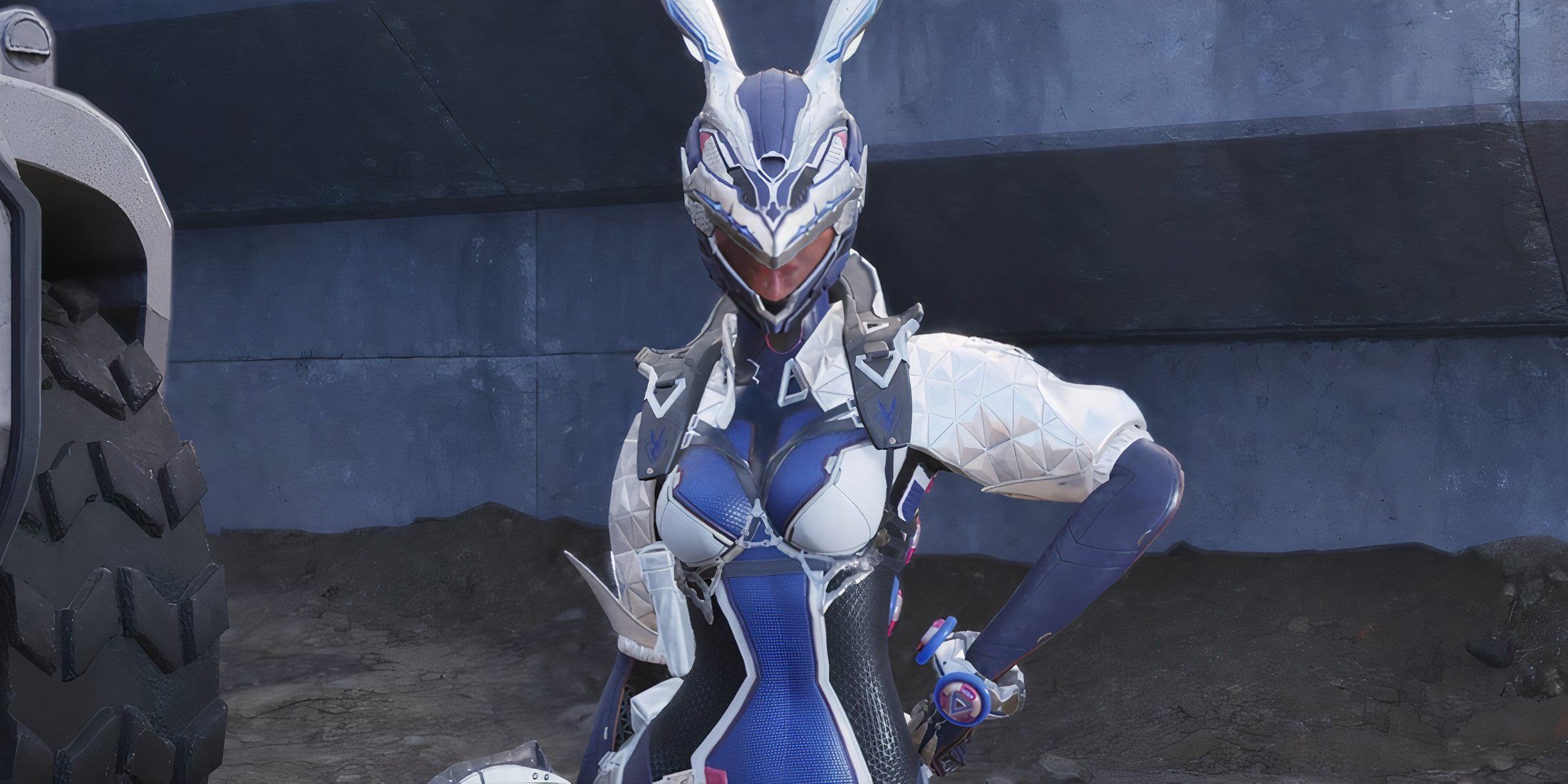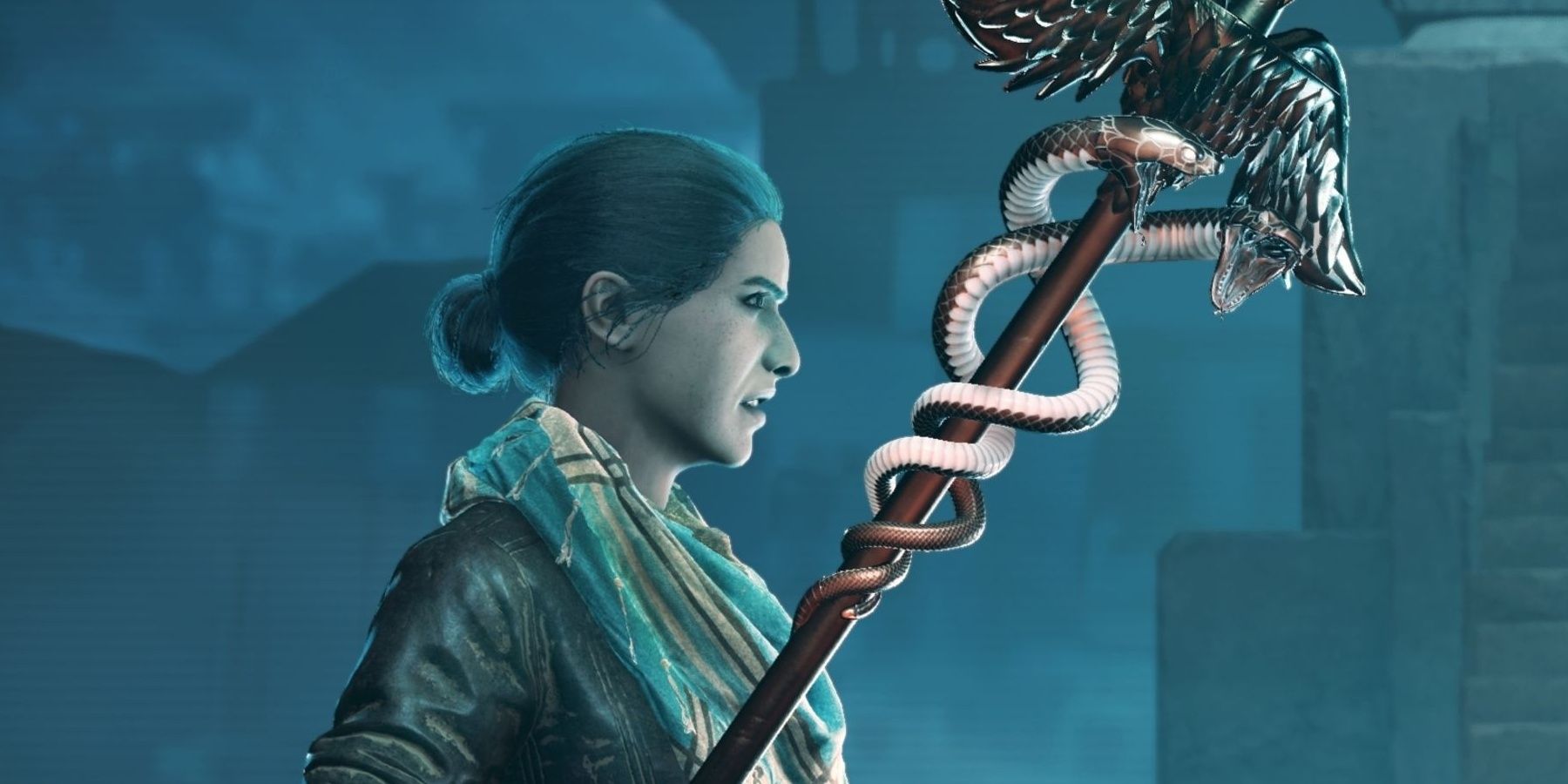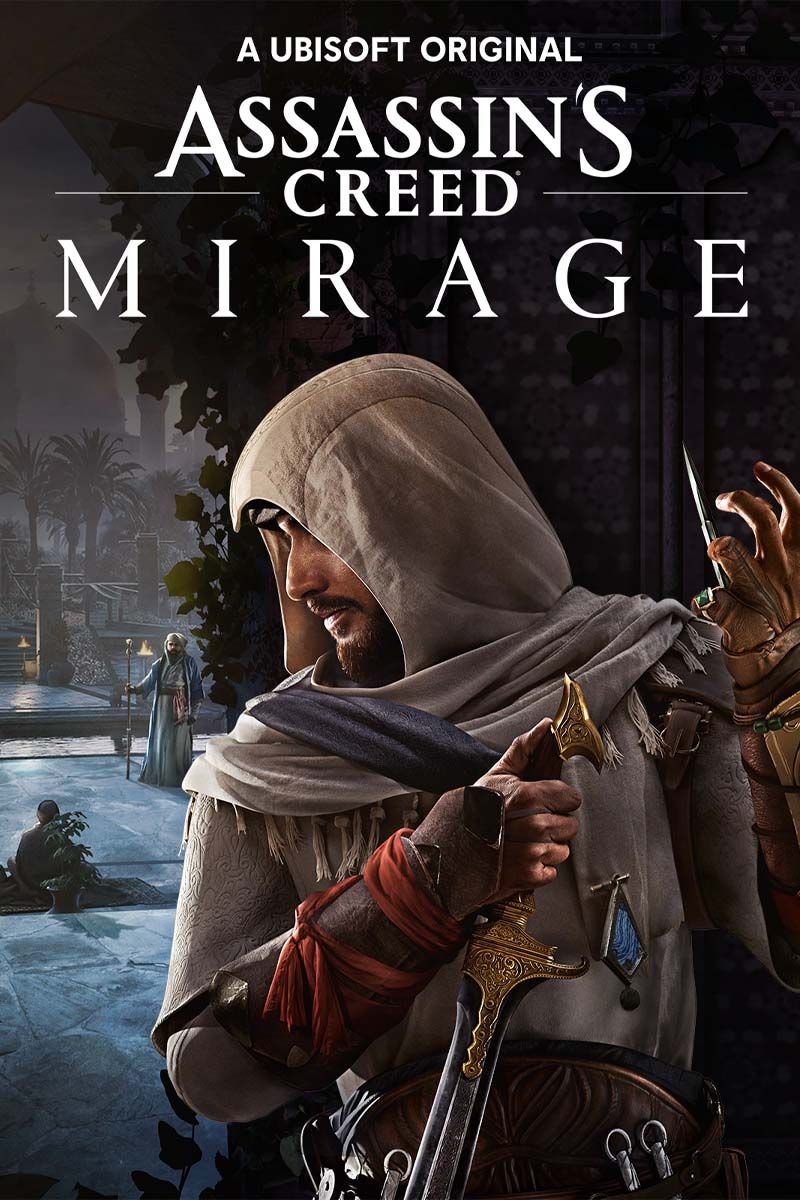Highlights
- Assassin's Creed 2 revolutionized the franchise by improving modern-day gameplay and giving Desmond combat abilities.
- Despite high expectations set by AC2, the modern-day storyline has been scaled back in recent games.
- Players may have hoped for a stronger focus on modern-day gameplay after AC2, but the direction has been inconsistent.
Assassin's Creed is ubiquitous now, but it wasn't too long ago that it was still a burgeoning action-adventure franchise with a very different approach to game and narrative design. The first Assassin's Creed, which looks quaint in comparison to what the franchise would go on to become, was quickly surpassed by Assassin's Creed 2, which not only introduced the still-iconic multi-game lead Ezio Auditore, but also major improvements to the design pillars of its predecessor.
One of the most notable differences between Assassin's Creed and its sequel is how its modern-day sections play out. The first game uses the modern day as downtime, chapters for the player to pull back the curtain, inch by inch, on the mysteries of Abstergo and the contemporary Templar-Assassin conflict. But gameplay in these sections is akin to a walking simulator, ultimately feeling like a slam on the brakes compared to the in-Animus bits. Assassin's Creed 2 immediately makes it clear that its modern-day chapters will be something different, as protagonist Desmond is now able to gracefully fight and perform the same acrobatic feats as his ancestral counterparts. This update would go on to inform future development of Assassin's Creed modern-day sections, and not necessarily in a good way.
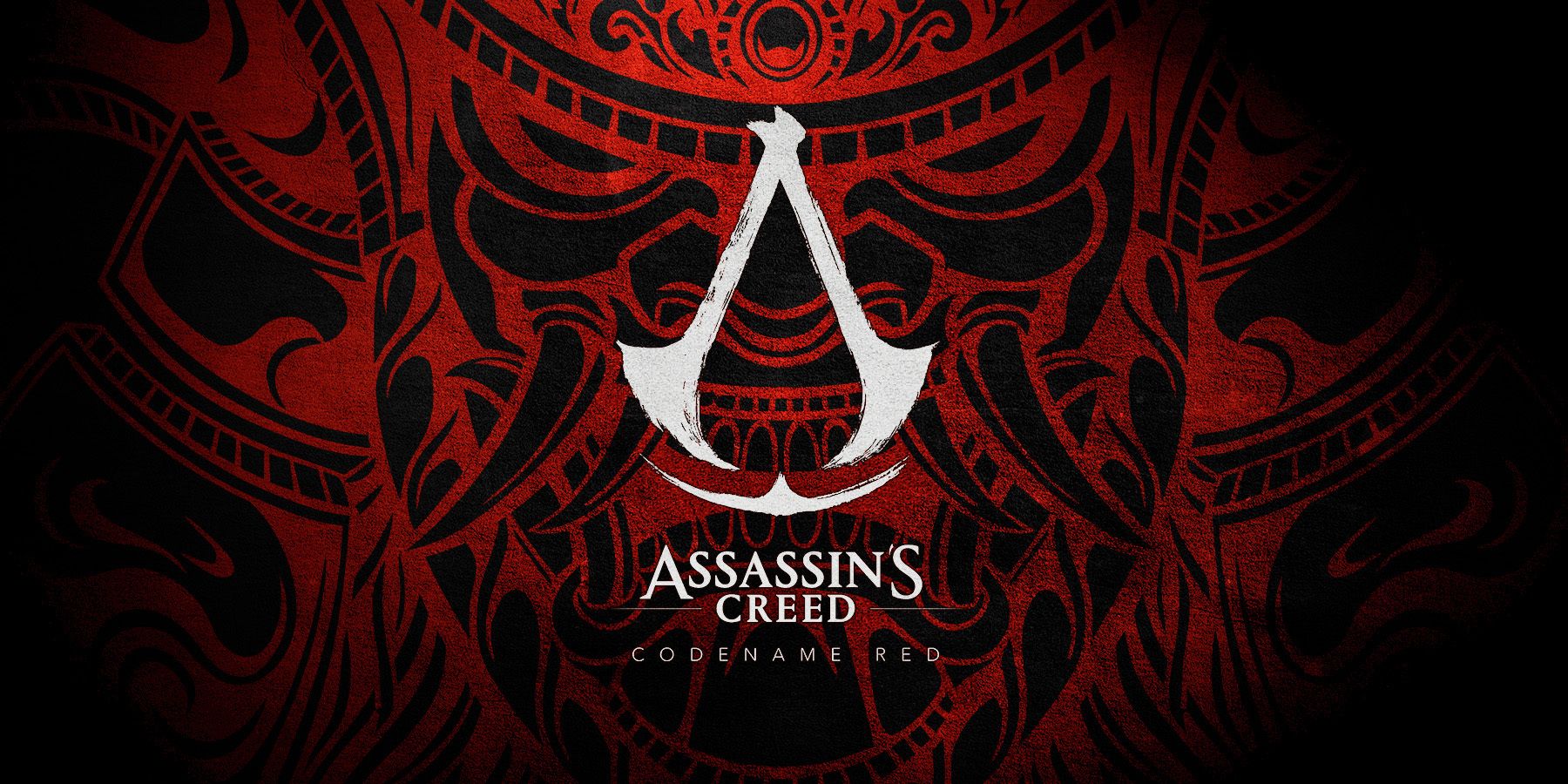
The Pros and Cons of Assassin's Creed Red's Rumored Historical Protagonists
Assassin's Creed Red may feature two protagonists based on real Japanese history, and this could be as interesting as it is challenging.
Assassin's Creed 2 May Have Bit Off More Than the Series Could Chew
Assassin's Creed's Bleeding Effect Plot Doesn't Bear Fruit
Assassin's Creed 2 leaps forward with Desmond Miles via the "bleeding effect," a term used to describe how Animus users can essentially absorb advanced skills and natural abilities through the Animus simulation. The bleeding effect arc is reflected in both gameplay and narrative, as Desmond's combat and traversal capabilities perfectly mirror Ezio's (and later, Connor's); there's far greater urgency in the modern-day plot, with Lucy and new allies like Rebecca and Sean all being proactive and aggressive in their fight against the Templars, positioning the quickly progressing Desmond as a powerful fighter and asset.
At the time, one could even be forgiven for thinking that the franchise was going to culminate in a modern-day finale, or at least have some more ambitious, creative modern-day chapters that hold their own against the historical ones. But as the phenomenal Ezio era came to a close, it became clear that this wouldn't be the case, with Desmond quickly moving on to another ancestor before being rather abruptly removed from the franchise altogether.
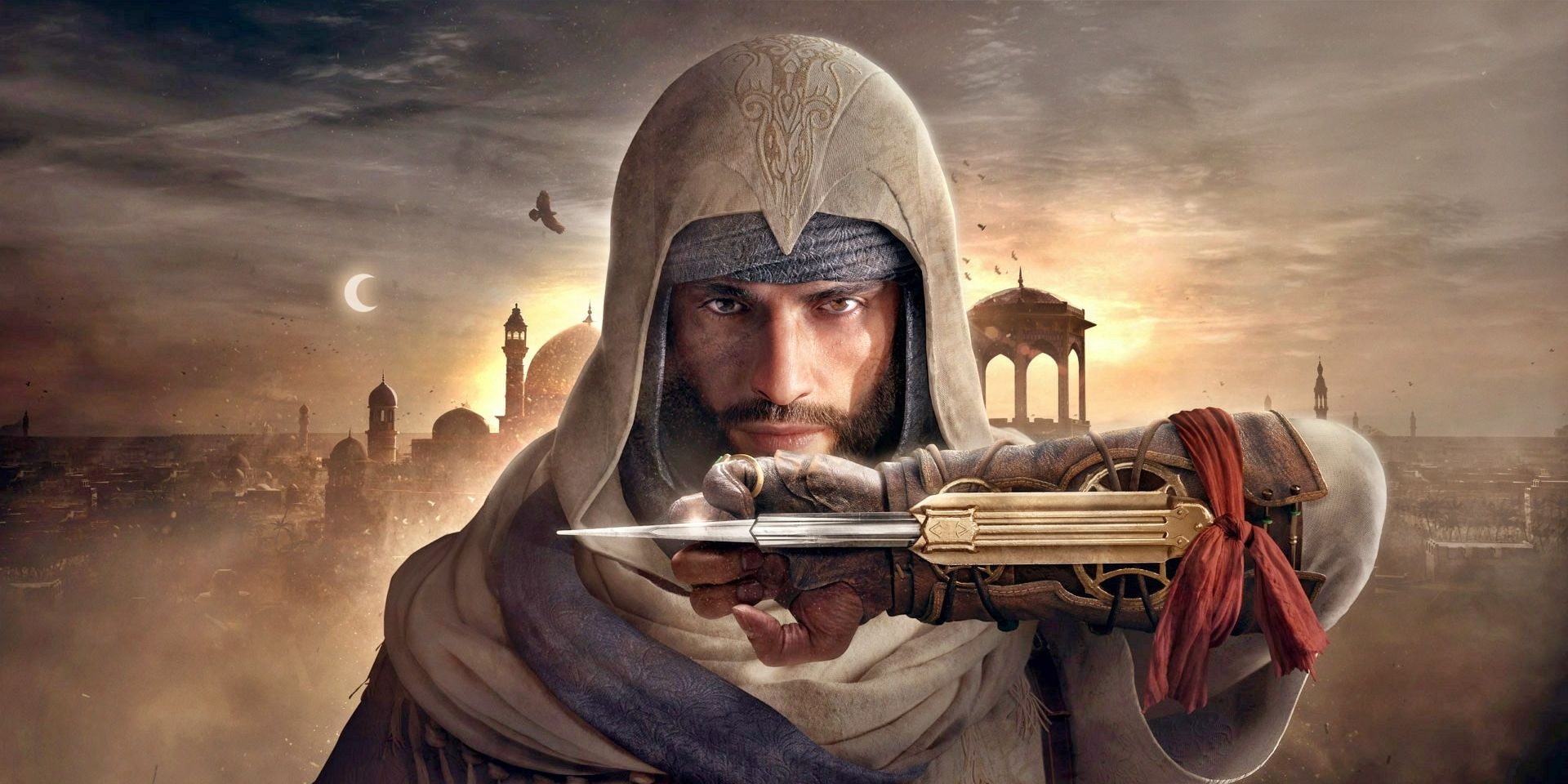
Assassin's Creed Mirage Will Not Get a DLC, but Basim's Story Might Not Be Over Yet
Assassin's Creed Mirage's developers open a dialogue to talk about future plans regarding DLCs and additional content featuring Basim.
Assassin's Creed 2 Set Modern-Day Expectations Too High
It's not exactly controversial to say that Assassin's Creed's overarching modern-day narrative isn't its strong suit, but AC2 made it seem like the franchise was ramping up for something special and explosive, suggesting that the out-of-Animus story would become just as cinematic and engaging as the in-Animus ones. But Assassin's Creed's modern day component has actually been walked back in the post-Ezio era, with Black Flag returning to the walking simulator approach and both Unity and Syndicate removing modern day gameplay entirely, opting to tell that part of the story exclusively through cutscenes. The post-Origins games reintroduce modern-day gameplay but to nowhere near the same extent as something like Assassin's Creed 3 or even Brotherhood. The latest game, Mirage, takes another step backward with nothing more than two modern-day cinematics.
Many fans would agree that Assassin's Creed doesn't need modern-day segments, as the series' strengths lie in its historical action and exploration. That said, Assassin's Creed 2 started down the road of a playable, engaging modern-day, leading many to expect those segments to only grow stronger and more prominent. Instead, it's never clear what to expect from the modern-day story in Assassin's Creed; perhaps it would have been better to mitigate expectations early on, remaining consistent with the modern-day side of the equation, rather than oscillating between ambitious and greatly scaled-back.

